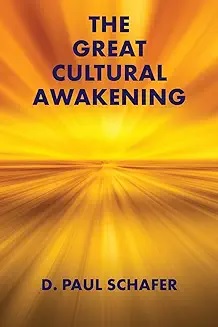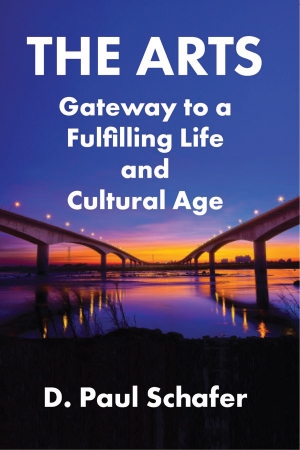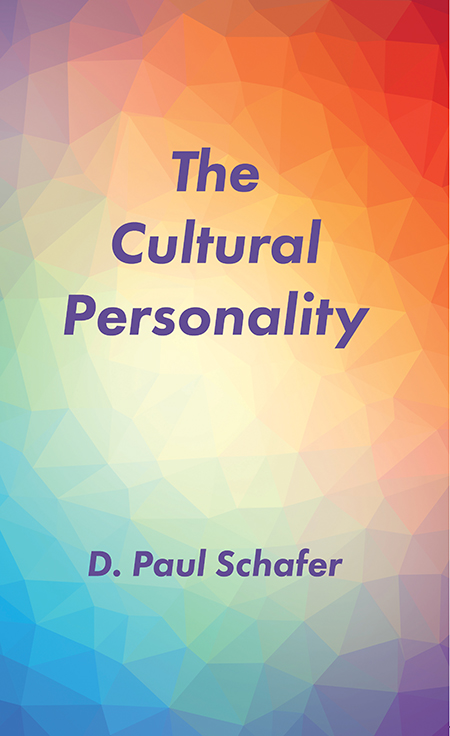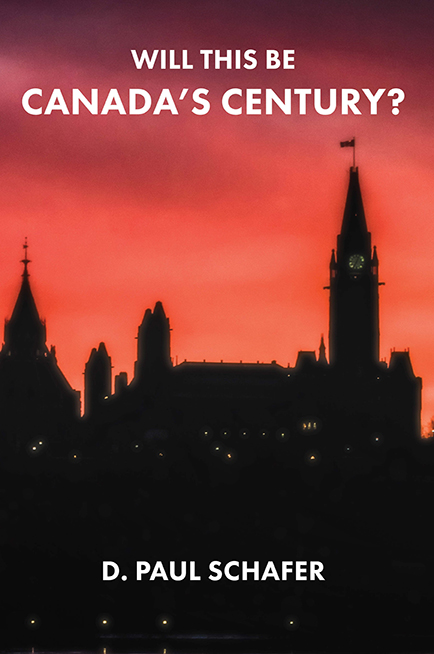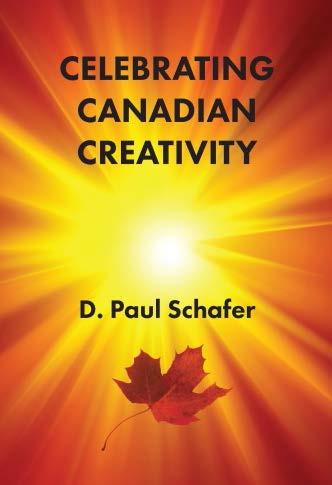
|
|
Foundations and Mission StatementThe World Culture Project is based on the belief that culture and cultures have a central role to play in global development and human affairs and are the key to human welfare and environmental well-being in the future. The Project was initiated in 1988 to commemorate the World Decade for Cultural Development (1988-1997). It was officially designated a World Decade for Cultural Development activity by UNESCO in 1989.For purposes of the Project, culture is defined in the holistic sense as a dynamic and organic whole or total way of life. It is concerned with the way people visualize and interpret the world, organize themselves, conduct their affairs, elevate and embellish life, and position themselves in the world. The Project is divided into an International Component and a Canadian Component. The International Component is designed to develop the holistic concept of culture in broad, general terms, as well as apply it to a complex set of global issues and problems. The Canadian Component is designed to develop the holistic concept of Canadian culture in specific, practical terms, as well as to apply it to a similar set of Canadian issues and problems. As a case study, the Canadian Component provides an opportunity to examine the holistic concept of culture for a country that may be called upon to play a seminal role in the world of the future. Consistent with these commitments, the Project has three main objectives:
These objectives are advanced through publications, presentations, and involvement in Internet and related activities. New: Videos and Articles
SPOTLIGHT ON CANADA'S PRESENT AND FUTURE DIRECTIONS
This book examines Canada's past, present, and future development from a holistic perspective and concludes that the twenty-first century could be "Canada's Century," not as an industrial-military complex or economic powerhouse but as an "exemplar" of a more humane, sustainable, harmonious, and equitable way of life for all people, all countries, and the world as a whole.
Order from Amazon
Order from Rock's Mills Press
This book describes how creative Canadians are and have been over the centuries through seminal contrbutions to such areas as health care and medicine (insulin, pacemaker, brain, stem cell, and cancer research, chiropractic, public health care), inventions (telephone, AI, soundscapes, snowmobiles, snow blowers, standard time, mapmaking, documentary film-making, paper from pulp wood, electron microscope, screw propeller, transatlantic cables, sports (lacrosse, hockey, basketball, figure-skaing, curling), national parks, multiculturalism, child, adult, and disability education, peacemaking, citizen's human rights and freedoms, and many others.
The book traces the evolution of Canadian creativity from the Indigenous peoples who laid the foundations for Canadian development to the present day. As Walter Pitman, former Member of Parliament and Member of Provincial Parliament for Ontario, pointed out in his Preface to this book, "The examples that Paul Schafer describes should inspire us to expand and enhance our own creativity in the cause of a desperate world in need of new ideas, timely inventions, effective institutions, and more compassion."
Order from Amazon
Order from Rock's Mills Press
The Character of Canadian Culture
Canadian Culture: Key to Canada's Future Development
Canada's International Cultural Relations: Key to Canada's Role in the World
|

